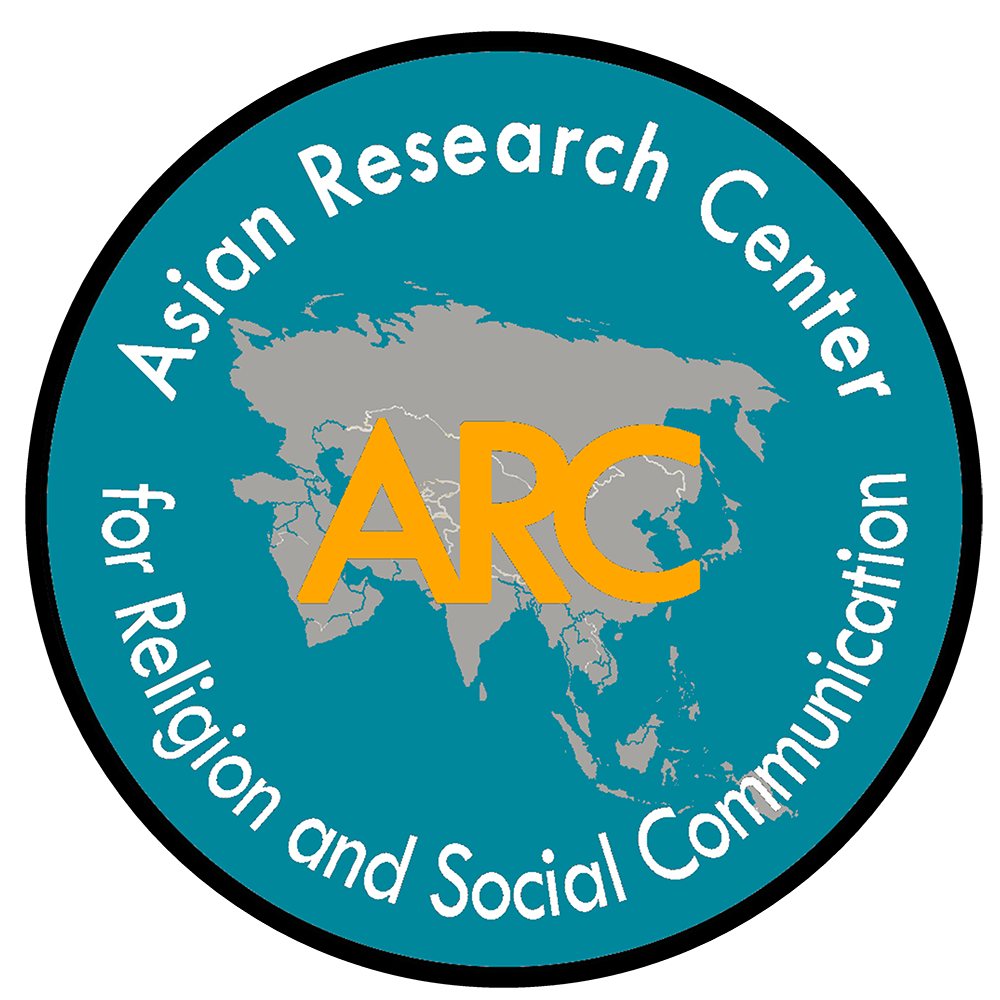Holy See: Digital technology must serve the common good
The development of digital technology in communications must pursue the common good of citizens and truly listen to their needs, because, as Pope Francis reminds us, listening is “the first indispensable ingredient of dialogue and good communication”.
This is according to Sister Raffaella Petrini, Secretary General of the Governorate and head of the Vatican delegation - flanked by Father Lucio Adrian Ruiz, Secretary of the Dicastery for Communication.
They were attending the “Plenipotentiary Conference” (PP-22) organized by the International Telecommunication Union (ITU), which took place in Bucharest from 26 September to 14 October.
Coordinating telecommunications around the world
A specialised agency of the United Nations based in Geneva and heir to the historic International Telecommunication Union, the ITU aims to coordinate the international use of the radio wave spectrum and satellite orbits. It establishes international telecommunications standards and promotes fair and affordable access to the integrated technologies needed for information and communications exchange (ICT).
It counts 193 member countries and Vatican City State is one of them. There are also some 800 other members including public and private companies, academic institutions and international telecommunications organisations. The “Plenipotentiaries” is the ITU's highest decision-making body, where the organisation's general policies are defined and its ability to influence the development of ICT on a global level is determined. It’s an area that by its very nature is constantly being updated.
Sr. Petrini: promoting platforms of social cohesion and solidarity
The participation of the Vatican delegation in the PP-22, explains Sister Raffaella Petrini, “is an opportunity to share - in a broad international context in which governments, faced with many difficult challenges, are questioning and debating the future directions of global connectivity - those principles that the Holy See and Vatican City State seek to apply in the development and concrete use of digital technology”.
In particular, she adds, it is a matter of "promoting the growth of global communication platforms that are effective instruments of social cohesion and solidarity, as Pope Francis has repeatedly reiterated. We must aim to develop instruments of integration that are accessible to all segments of the population while respecting human rights, cultural sensitivities and traditions, with particular attention to women, young people, and people with disabilities.
Fr. Ruiz: bringing the Holy See's principles into technical spheres
"The Holy See's international representation in these decision-making bodies," Fr. Lucio Adrian Ruiz emphasises, "is an opportunity to bring to secular and technical spheres such as the International Telecommunications Conference, the challenges and risks that of innovation in an age of digital communication and global interconnection”.
He highlights the centrality of the human person, of relationships, of the need to include existential peripheries, and protect those who are most vulnerable, such as children, adolescents and the elderly.
“Sustainability, inclusiveness, development and new opportunities in the field of technology, guided by fundamental principles such as respect for human life, the dignity of work and care for our common home," says Fr. Ruiz, represent a challenge in which the Holy See can play a decisive role in the digital transformation of the third millennium.








